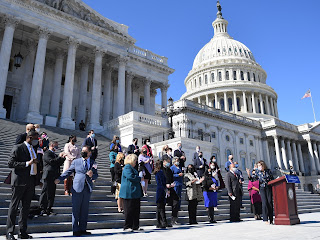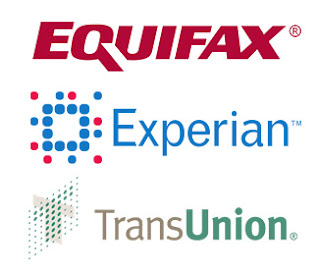Credit Rating Agency ‘Gatekeepers’ open the Gates for Solar Asset-backed Securities Market, but at what cost?

Whilst the concept of an ‘asset backed security’ was certainly not part of the common parlance before the Financial Crisis, now the concept (if not the technical detail) is perhaps more understand in the current climate. It is important to note that the concept and process of securitisation and asset-backed securitisation certainly is not an absolute negative, we know full well that it is open to abuse and that certain elements need to be witnessed for that abuse to occur. For this reason, this blog post reacts to the news that the credit rating agencies are in the process of opening the gates for solar-backed issuances to feed the hunger in the market for anything related to sustainability, ESG, and non-traditional sources of investment. It was reported in GlobalCapital yesterday that ‘ ratings coverage gives investor boost to solar ABS market ’. It was noted that the solar ABS sector as a whole is set to hit new records for issuance volumes in 2021, and this was mainly due...












